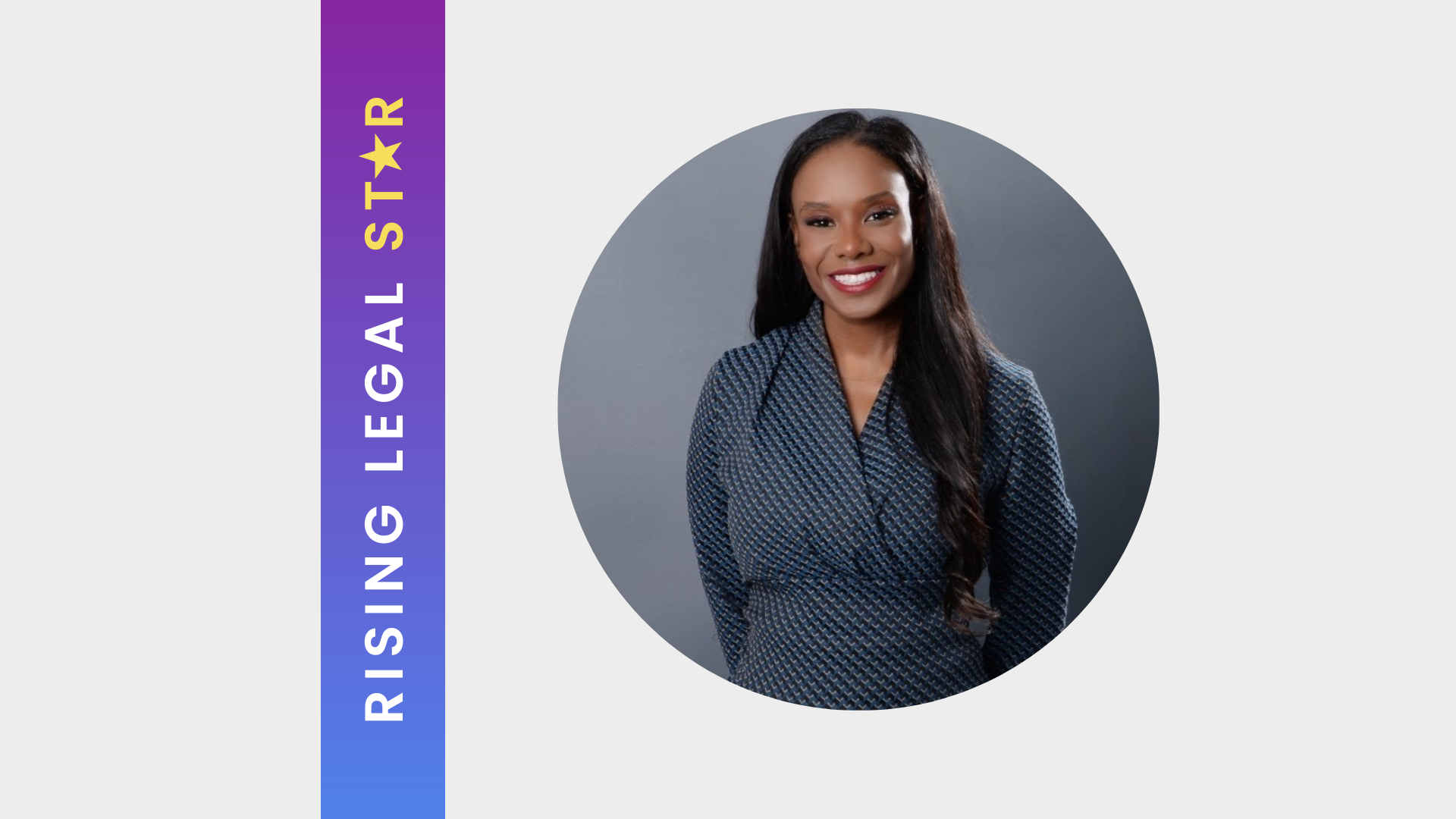Digital Disruption Series: Chakib Abi Saab
Chakib Abi Saab is the Group CTO at OSM Maritime Group. In this role, he is responsible for managing all aspects of technology as well as contributing to the overall direction and strategy of the Group.
Can you share with us your jounrey at OSM thus far?
I joined OSM in 2017 as a Programme Director of NEXT Generation Technologies with the aim at helping the Technical Management operations on building efficiencies with both new technologies and ways of thinking. During the interview process, I met our then Managing Director, now President and COO, Mr. Bjoern Sprotte, whom I found to be a very inspiring character and with a very clear direction. To make a long story short, I chose to join OSM because I knew from the start that under Bjoern’s leadership, OSM was serious about taking advantage of technology, building competitive advantages, and creating new revenue streams. I knew right away from my previous role as Chief Digital Officer at Bumi Armada that I could add value to OSM.
–
OSM is among the world's largest maritime management companies. How does a company of such a large-scale approach the transformation of their business model?
The most challenging part of digital transformation is the people element, especially within larger organizations. Therefore, an effective change management plan is key, one that includes pre and post-implementation plans and focuses on communication and training. We have learned many good lessons in the past year, including the need to explain to the organization not only what we are doing, but also why and “what's in it for me.” At the same time, we have developed a strong post-implementation process as part of our change management to address any possible gaps between the intended results and the actual results. This approach also helps us understand the impact of changes to improve ourselves constantly. As a result, we created a highly collaborative environment with lots of quick wins.
–
Looking at the broader maritime industry, what are some of the opportunities and threats to successful transformation?
I believe there are major technology opportunities within the maritime industry. In Singapore, we also work closely with the MPA (Maritime and Port Authority of Singapore) in helping create a sustainable technology ecosystem that continuously evaluates the industry challenges, and identifies solutions through the utilization of new technologies and a collaborative approach. I believe the MPA effort is a world catalyst for maritime technology. When we talk about opportunities in the maritime industry, we must keep in mind that 70% of the shipping companies worldwide have 20 vessels or less. These companies need the efficiencies that technology can bring to operate safer and more efficiently, but that also means that the industry needs to come up with new and innovative commercial offerings to enable that segment of the market to massively adopt these technologies without major upfront investments. OSM is currently identifying partners, including startups, to create an ecosystem that allows us to create technology solutions that are cost-effective, simple to use, and sustainable, allowing businesses to make quicker and more accurate decisions based on facts.
In my opinion, the biggest risk to adopt technology solutions in the maritime industry would be having the key business decision makers seeing digital transformation solely as an IT initiative. For a digital transformation to be successful, it is critical for the industry to approach it from a business perspective and consider the impact and ROI of initiatives like the use of IoT, for example. It is an exciting time for this traditional industry, but we must ensure that technology is implemented to resolve real problems rather than using technology as a marketing gimmick.
Our latest insights







